Hunter carries on with Garmin-Barracuda
South African enjoying a career longer than he expected
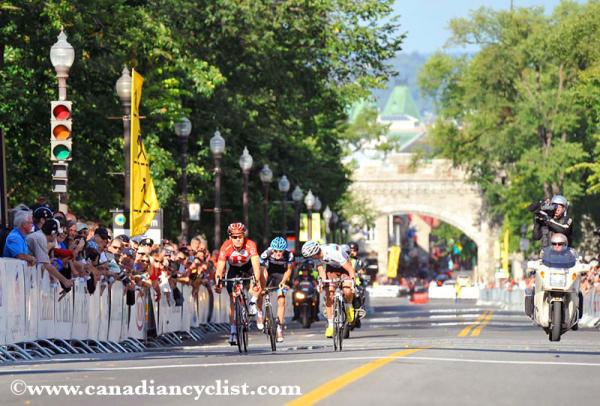
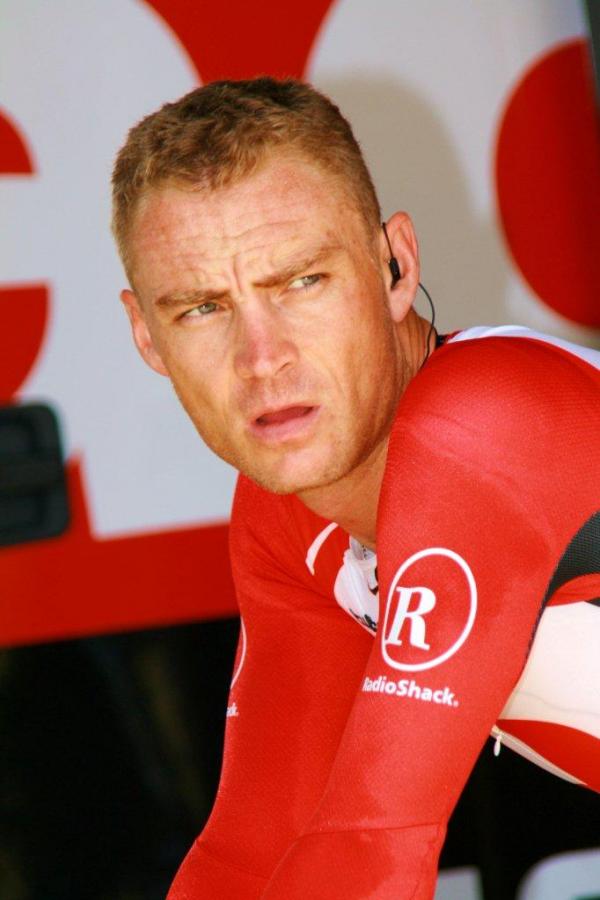
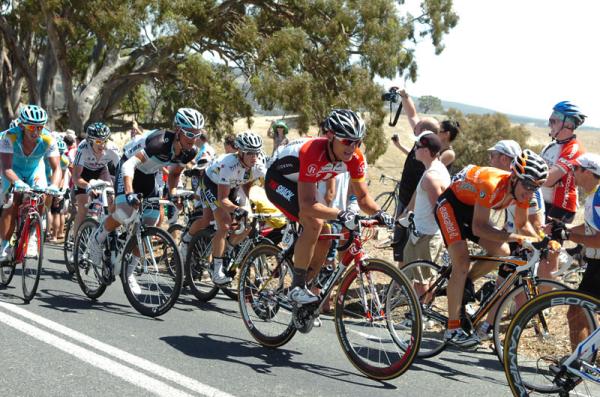
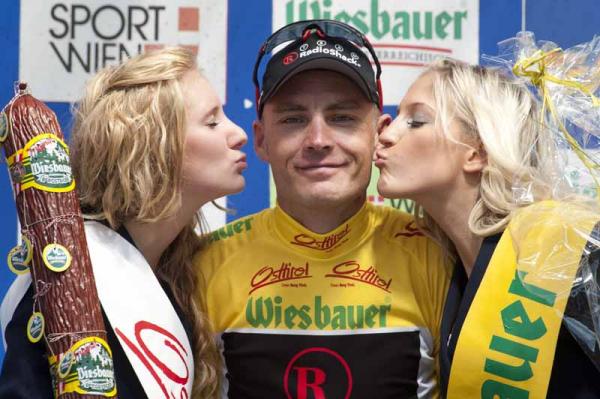
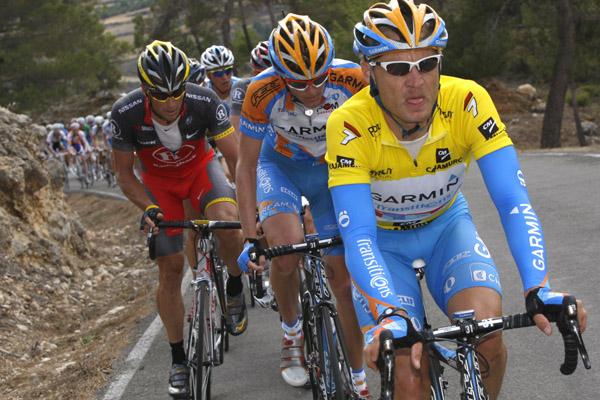
When he broke away in a suicide move in the 1999 Milan San Remo, Robbie Hunter had little knowledge that the ride would last so long. On that day in March he was the last man caught, holding off the peloton until the slopes of the Cipressa.
In many ways his long career parallels that ride in la Classica di Primavera. Both have been built on determination, guts, a fair amount of talent and, of course, longevity.
Now 34, the South African is back with the Garmin-Barracuda squad after a year away with RadioShack, and he's still as enthused as ever.
"I'm happy to be back and I think it's going to be a good year. I've had some good off-season training," he says as he sits down for coffee at the team's camp in Calpe, Span.
Hunter was a surprise Garmin signing at the start of 2010 but quickly formed a strong bond with Tyler Farrar. However the relationship was short-lived. The Garmin-Cervelo mash-up left Hunter with few opportunities and when he sat down with Matt White to plan his 2011 season he was informed that his ambitions would have to be curtained. It was leadouts or nothing.
A move to the Shack was the only way out and Hunter enjoyed some success in 2011, picking up two wins but with 10 riders leaving Garmin in the off-season and Farrar in need of more support, Hunter found a spot for himself back on the team with a two-year deal.
"I spent a year away from them but I'll spend the next two years here and hope this is the team I finish my career with," he says.
Get The Leadout Newsletter
The latest race content, interviews, features, reviews and expert buying guides, direct to your inbox!
"I don't regret leaving though. I left because of certain circumstances. A lot of guys were coming to the team, and I didn't want to be around when there was space taken away from me. I accepted that though, there were bigger riders than me but the year I did with Shack worked out well for me. I won a couple of races. I worked for myself in some races, and I was happy with that. I don't think it would have worked out the best if I had stayed."
Having Farrar's back
The focus now is on propelling Farrar to a more consistent level and with his years of experience as both a sprinter and leadout man, Hunter is relishing the challenge. He talks about Farrar fondly, stating that the two have a successful understanding built on trust - a cornerstone for when you're leading your man out breakneck speeds.
"I got on really well with Tyler when I was here before. We clicked really well and he had a lot of confidence in me and that's really important when you're trying to lead a guy out. He needs to know that you can trust him and that you're leading him into the right position. Tyler needs a guy who can put him in the right place, and he's a guy who can win a lot of races. Things have become a lot more specific these days so you really need a good lead out because it just helps you so much more."
The role of leadout man is one of the most important in modern day cycling. Often the first person Mark Cavendish thanks after yet another win is his leadout man but Hunter believes that success isn't down to one individual and that a team effort is key to success in the sprints. And Garmin hasn't just hired Hunter this year: Koldo Fernandez also joins the team, along with Alex Rasmussen.
"I don't gauge myself against anyone. Mark Renshaw obviously was the supposedly the best lead out man but he also had four guys in front of him that made it perfect for him. It's easy to be the best leadout man in the world when you've been put in the perfect position. When you're a guy who literally got to do a lot of work on your own it's not that easy. I know that I'm not just a guy who can do 200 meters like Renshaw, I can go a lot longer. I can definitely be one of the better leadout men, that's not even a question for me."
"Last year with HTC and Cav winning a lot you'd always see Mark leading him out in the last 200 meters so yes, Mark gets a lot of coverage and like I said, he comes off his guys if you're put in that position. Mark was doing an incredible job for Cav though."
Longevity and Landis
Hunter has ridden for his fair share of teams since turning professional in 1999. Starting out at Mapei, he moved to Lampre, before stints at Rabobank, Phonak, Barloworld, Garmin, RadioShack and Garmin. He's won on every team he's ridden for but as his legs have slowed - slightly - he's matured into a more complete rider.
"When I first turned pro, I wanted to go on for 10 years. I'm 34 now and turn 35 this year and I'm still happy to carry on for another four years. It's been a longer career than most but I still wake up in the morning feeling motivated and knowing that I enjoy riding my bike. I also wake up in the morning feeling that I'm better than a lot of the other bike riders out there," he says.
And on Phonak, a team surrounded in controversy? In 2006 Hunter rode the Tour de France for Floyd Landis and despite all that's happened since The American won the race and had the title stripped from him the two appear to still hold mutual respect for each other.
"It was a really good team and a lot of the guys rode as a team. We gelled incredibly well. We rode our guts out for Floyd. No one can say we were the strongest team but we were a team that was really dedicated and it worked out great."
Daniel Benson was the Editor in Chief at Cyclingnews.com between 2008 and 2022. Based in the UK, he joined the Cyclingnews team in 2008 as the site's first UK-based Managing Editor. In that time, he reported on over a dozen editions of the Tour de France, several World Championships, the Tour Down Under, Spring Classics, and the London 2012 Olympic Games. With the help of the excellent editorial team, he ran the coverage on Cyclingnews and has interviewed leading figures in the sport including UCI Presidents and Tour de France winners.
